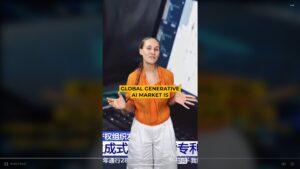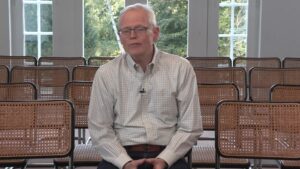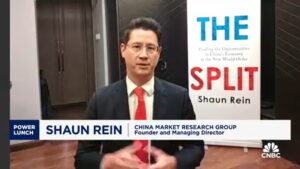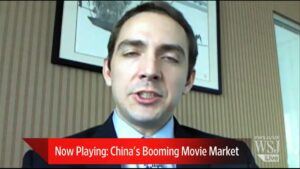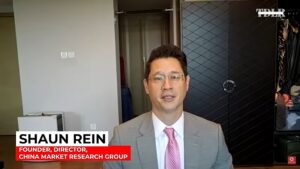
China’s Double 11 consumer festival has kicked off for its longest edition ever with five weeks. Consumption expert Ashley Dudarenok looks at this year’s trends for Campaign Asia. Dudarenok, author and China digital expert predicts that countries such as Singapore, Malaysia, Thailand, Japan, and South Korea—now part of the “free shipping zone”—will see a sharp rise in new users.
Campaign Asia:
Ashley Dudarenok, China digital transformation expert and founder of ChoZan, agrees, noting that “emotional consumption” is on the rise, particularly among younger Chinese consumers. “Toys and plushies are popular for comfort and stress relief,” she says, pointing to Jellycat’s dominance in the plush toy category, even surpassing Disney last year.
Taobao and Tmall’s official data have identified several booming consumption trends, including designer toys for young adults, pet products, and niche home appliances and furniture. As of October 24, 284 brands surpassed $14 million in sales. In particular, the beauty, fashion, sports & outdoor, and digital product categories have seen significant growth this year. Zhang refers to this phenomenon as the “lipstick effect,” an economic theory suggesting that “people are more likely to buy small, affordable luxuries when facing economic uncertainty. Hence the rise of small luxury purchases such as lipsticks, fragrances, concerts, wellness products and pet products”. Dudarenok, with years of observation from China marketing, sums up that consumers are buying more furniture and appliances. A total of 224 brands surpassed their entire first four-hour performance from last year. “The IP economy is still thriving”, and Tmall now features over 1000 IP-based products to meet rising fan interest. She also highlights “Apple’s increasing efforts to attract budget-conscious buyers in China by making premium devices more affordable during the annual shopping festival. Apple quickly achieved one billion yuan in sales within just five minutes on Taobao and Tmall”…
Dudarenok, author and China digital expert predicts that countries such as Singapore, Malaysia, Thailand, Japan, and South Korea—now part of the “free shipping zone”—will see a sharp rise in new users as well. Early data from Singapore and Hong Kong already show a doubling of new consumers compared to last year.
Ashley Dudarenok is a speaker at the China Speakers Bureau. Do you need her at your meeting or conference? Do get in touch or fill in our speakers’ request form.
Are you looking for more consumption experts at the China Speakers Bureau? Do check out this list.


